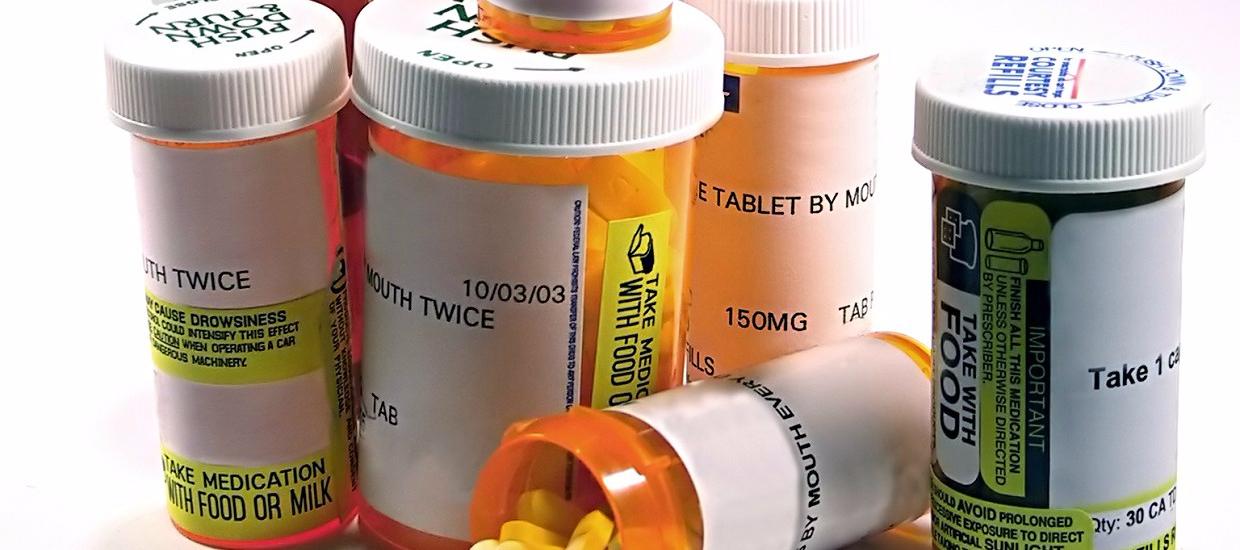It is hardly an exaggeration to say that Americans pay for their prescription drugs many times more than what people from other developed countries like Germany or Japan spend on the very same medications. Hundreds of thousands of people across the country are denied access to vital prescription meds and life-saving treatments because their insurance does not cover those, and patients simply cannot afford to pay out of their own pocket. The prices for patented meds in the USA have indeed been soaring over the past decade, with every next year bringing about a new round of drug price hikes. So far, the government has done very little to help solve the problem of overpriced patented medications, but many hope it will change soon should the Trump administration go through with its initiative to lower prescription drug costs and make them comparable to what people in Europe pay for the same drugs.
Can capping drug prices offer a quick fix to the problem?
While this proposal was met with much enthusiasm by a wider public, it also got its fair share of criticism coming primarily from major U.S. drug companies who are strongly opposed to the idea of being told how much they should charge for their medicines. The Big Pharma has numerously expressed its concerns regarding the price-capping measures suggested by Donald Trump, saying that these could potentially cause more damage to the health care industry than they would do good. One of the strongest arguments in favor of not letting the government regulate prices for patented prescription medicines is that such controls will negatively affect the ongoing and future studies of breakthrough, targeted therapies by reducing investment in their research and development. Trump’s opponents and critics, too, doubt that setting a cap on prescription drug prices can solve the problem. They claim such a measure does not address the issue at its deeper level and ignores its actual causes, namely the abuse of patents by big pharma companies and their ability to shut out generic versions of drugs from entering the market. They argue that the need to reform the entire drug patent industry in the USA and update its decades-long practices is long overdue.
What is causing the problem of overpriced Rx medications?
For years, pharmaceutical companies have been taking advantage of the existing regulatory environment, which is crafted in a manner that allows pharma giants to retain their exclusive drug patent rights for far too long and prevent any competition from generic and biosimilar manufacturers. This has led to a group of high-earning businesses monopolizing the market to the damage of both end consumers and generic drug manufacturers. To see a clearer picture of what is happening in the US drug patent industry, let us take one example. Herceptin, which is a highly potent biologic used to treat an aggressive form of breast cancer in women, was approved by the FDA in 1998. Genentech, the company that developed this medication, enjoyed the allowed 20-year period of exclusive ownership rights selling their drug at the price of $9,600 per one vial. In 2017, generic drug manufacturers started producing their non-patented versions of the drug. As of now, there are five FDA-approved Herceptin biosimilars, but none of these medicinal products that could help save thousands of lives is allowed to the U.S. pharmaceutical market because of the ongoing court action that Genentech has raised against their manufacturers.
Why does the U.S. pharmaceutical market need more generics and biosimilars?
It is a well-known fact that the availability of generic drug companies in the pharmaceutical market allows reducing the prices for Rx medications to as little as one-fifth of what the original patent holders ask for these same drugs. Then there are biosimilars, which are identical copies of patented drugs with the same therapeutic effect that only differ from branded meds in their inactive drug substances. Biosimilars can help make many life-saving medicines more affordable even though they cost more to develop and thus are usually sold at a higher price than generics.
So, what is the answer?
Introducing governmental controls over drug pricing cannot solve the problem of the U.S. pharma market being over-patented and unreasonably expensive. Health care lawmakers need to consider removing any regulatory barriers and allowing more generic and biosimilar competitors to enter the U.S. pharmaceutical market without the fear of being prosecuted for infringing the existing patents. By doing so, they can greatly improve the quality of medical care across the country and make

